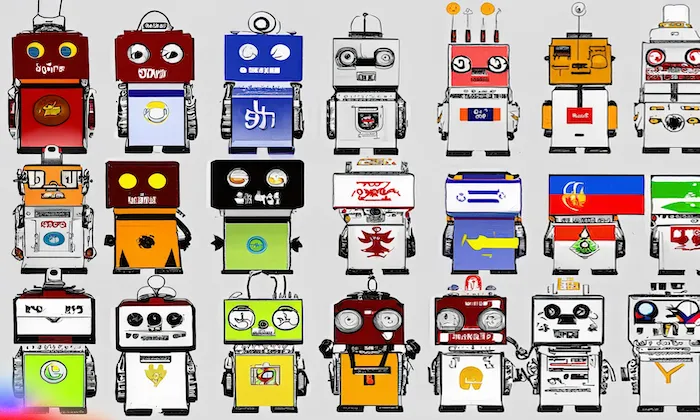Can conversational datasets be used for voice cloning?
Voice Cloning
Conversational AI
Speech AI
Conversational datasets consist of audio recordings that capture natural speech patterns, dialogue exchanges, and varied emotional tones. They can be either scripted or unscripted and often feature diverse speakers with different accents, dialects, and speech styles. This diversity helps in building voice models that are authentic and relatable, which is important for applications like virtual assistants, gaming, and accessibility technologies.
Why Conversational Data Matters for Voice Cloning
Using conversational datasets in voice cloning is vital for several reasons:
- Authenticity and Engagement: These datasets capture the nuances of human speech, such as intonations, pauses, and emotional variations. This authenticity is crucial for creating voices that feel human-like, thereby enhancing user engagement.
- Versatility: Conversational datasets help models adapt to different speaking styles and contexts, making them more versatile in real-world applications. For example, a voice assistant trained with such data can respond more naturally to varied conversational settings.
- Diversity and Inclusivity: Including a wide range of speakers helps prevent biases in AI systems, ensuring that voice models are inclusive and representative of various demographics.
Key Processes for Utilizing Conversational Datasets in Voice Cloning
The process of using conversational datasets involves several key steps:
- Data Collection: Quality is paramount. At FutureBeeAI, voice data is recorded in professional studio environments using high-fidelity standards like 48kHz sample rates and 24-bit depth. This ensures clarity and captures the full spectrum of human speech.
- Preprocessing and Annotation: After collection, audio data is cleaned and normalized. Metadata is added to delineate speaker characteristics, emotional tones, and contextual information, which is crucial for effective model training.
- Model Training: The prepared datasets train voice cloning models to replicate the intricacies of recorded voices. This allows the models to generate speech that mimics the original speakers’ characteristics.
Challenges and Ethical Considerations in Using Conversational Datasets
While conversational datasets are invaluable, there are challenges to consider:
- Data Quality vs. Quantity: Balancing the quantity of data with its quality is essential. More data can enhance performance, but it must also be clear and relevant.
- Ethical Practices: Ensuring informed consent and privacy is critical. FutureBeeAI prioritizes ethical data collection, ensuring all speakers provide explicit consent for their voices to be used in cloning applications. This helps prevent misuse, such as unauthorized voice generation.
- Avoiding Bias: Datasets lacking diversity can lead to biased models. A well-rounded dataset should mix genders, ages, accents, and emotional expressions to produce more accurate and relatable voice outputs.
Avoiding Pitfalls in Voice Cloning with Conversational Data
Common pitfalls in voice cloning projects can be avoided with careful planning:
- Contextual Understanding: Capturing how context influences speech is crucial. Models that understand context perform better in real-world applications.
- Quality Assurance: Implementing robust quality assurance processes ensures that training data is free of defects. Any audio artifacts, like clipping or background noise, can compromise the effectiveness of the model.
- User Feedback: Collecting user feedback on synthesized voices can guide further refinements and improve the overall user experience.
Real-World Impacts & Use Cases
Conversational datasets enhance applications across various sectors:
- Healthcare: Personalized AI assistants can provide patient support with empathetic, natural-sounding voices.
- Entertainment: In gaming, voice models can bring characters to life with authentic dialogue and emotional depth.
- Customer Service: Voice assistants offer more engaging and efficient interactions, improving customer satisfaction.
In summary, conversational datasets are foundational for developing engaging and authentic voice technologies. At FutureBeeAI, we focus on delivering high-quality, ethically sourced data that reflects the diversity and richness of human speech, empowering teams to innovate and succeed in the AI landscape.
Smart FAQs
Q. What types of datasets are best for voice cloning?
A. Datasets combining scripted and unscripted conversations with diverse speaker attributes are most effective. They allow for the creation of adaptable and relatable voice models.
Q. How can teams ensure ethical practices in voice data collection?
A. Establishing clear consent processes and adhering to regulatory standards are crucial. FutureBeeAI ensures transparency and respects speaker rights, maintaining ethical integrity throughout the data collection process.
What Else Do People Ask?
Related AI Articles
Browse Matching Datasets
Acquiring high-quality AI datasets has never been easier!!!
Get in touch with our AI data expert now!








